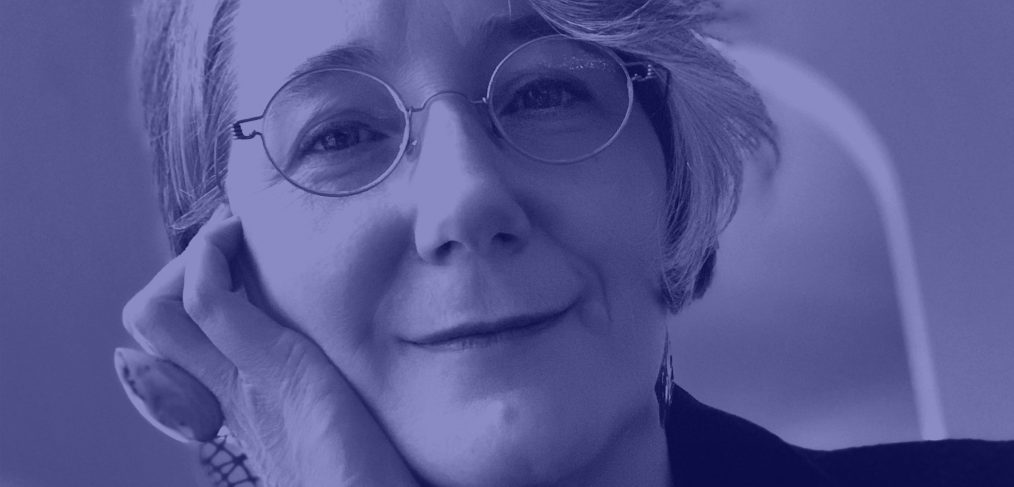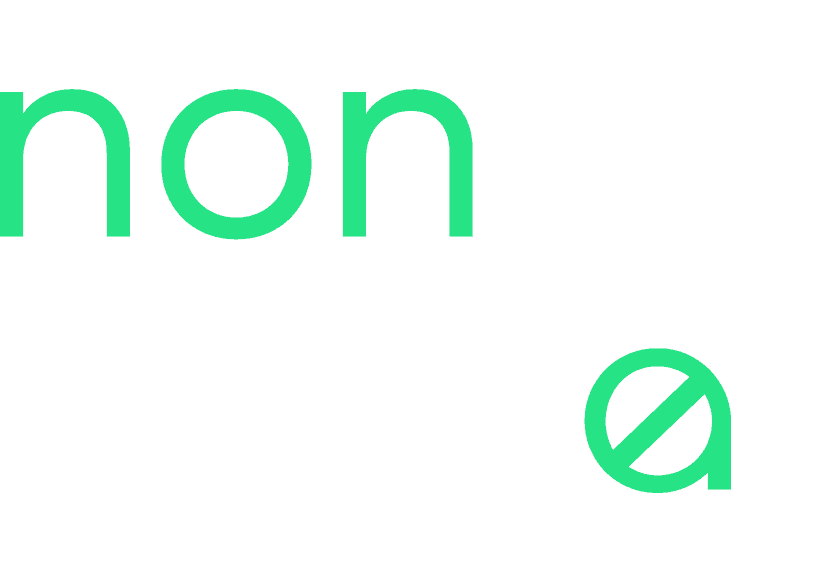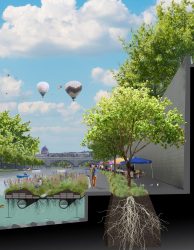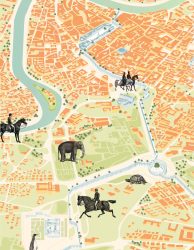
Interview with Olivia Bina
1) Briefly introduce yourself and tell us a bit more about your practice. What do you work on? What are the issues you aim to address in your profession?
Today I am intrigued by ‘our’ urban-nature, our predominantly urban lives and our closeness to catastrophic events, which forces us to confront our entangled lives and livelihoods, our fragility and false sense of security (I am thinking of the richer section of the world population here), in the midst of excruciating inequity and injustice amongst humans, and between humans and other life. I wonder whether we can transform to the point of falling in love with all-life, before we lose the opportunity. Living in several countries and continents (Europe, Latin America, Asia-China), has given me a connected and diverse understanding of our predicament. I have worked from the perspective of NGOs, multinationals, international organisations and academia, which again helped me join dots somewhat differently.
Currently, I am involved in an EU-Latin America project on nature-based solutions in cities, and I am exploring ideas of transformative change that require us to re-imagine, re-experience and understand ourselves as nature. I also continue working on deep critique of dominant economic-growth systems and of dominant ways of knowing / epistemologies-ontologies. And, I love trees, catching early moon-rise, gardening and creating something from a lump of clay.
2) What kind of role can we play as designers and researchers in reimagining urban life? How can we produce new inspiring solutions able to propose alternative models of living, with focus on biodiversity in urban areas?
One of the greatest obstacles to a sustainable (urban) future is the apparent inability most of us have, to imagine it. Partly thanks to the successful colonization of our future by a combination of utopian and dystopian narratives and images – neither of which help. We need designers and researchers capable of compassion and love for life, all life, human and other-than-human, and thus capable of imagining biocultural models of living, beyond the endless dichotomies that cripple our possibilities into the plausible.
It is almost trite to repeat this, but, radically (as in ‘root’) reimagining our urban lives, their space and place, is fundamental to our survival and to the possibility of thriving into the future. Let’s turn what we think is true, upside down and look at the ‘wild’ from that down under perspective: start with ‘scarcity’, the origin of so much we believe true of this world, and think ‘abundance’, look for it. Let’s be inspired by the ideas of a regenerative culture (see https://bioneers.org), of nature-based solutions where nature is us, too, and ideas of diversity where bio and culture are one.
3) WWF has often referred to Rome as the European Capital of Biodiversity also thanks to the fact that the city evolved around classical principles of balance between nature and civilization. How can this balance be rediscovered in the context of today? When empowering biodiversity, how can we turn a city famous for its past, into a model for tomorrow?
I am not sure we can paint Ancient Romans as a civilization in balance with nature, but I think we can reflect on the kind of ingenuity of solutions they designed: solutions that, compared to much of the last century’s ‘western’ inventions, score much better on the ‘in harmony with nature’ range. I always turn to energy as a good place to start – and in a somewhat provocative manner, I would suggest that the Romans could not afford to design obscenely unsustainable artifacts, let alone entire cities, because they did not have the kind of cheap energy that has allowed ‘us’ to make rather stupid choices. So, for example, ‘we’ build streets that block the local wind dynamics, because we can air-condition entire blocks of flats right? You can see where this is going… So, to rediscover a less mindless way of being and acting in this world, thinking of energy as a precious resource might be a first step.
4) Are there any reference projects you could suggest to inspire our community for this design challenge? Why did you choose this specific example?
Think like a bee. A lot will follow from there, if we are looking for more harmony, we need to look for infinitely more diversity of perspectives, and diversity includes all life forms, human, other critters and plants. Try being a blade of grass for a moment. Don’t think in terms of ‘connect’ or ‘re-connect’ – you are already a part of the whole.
Explore this design challenge by rethinking who we are and who we aspire to be. Our solutions are responding to an old paradigm of what it means to be a modern human. What if we worked less, loved (all)life more, remembered we have a body and that that, actually, is absolutely glorious. What city might we need then?
5) In your experience, what does it take to win an architecture competition? What about this competition in particular?
Let me not answer, but just share this: reimagine wild as you must reimagine life, all life, and enter the urban beyond the expected nature-culture divide. Focus on the experiences that such undivided ‘wild’ will engender.





